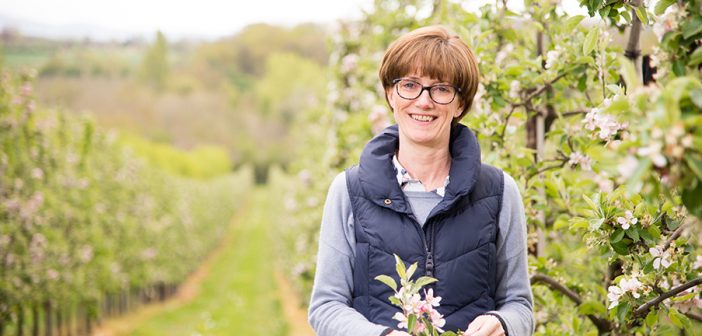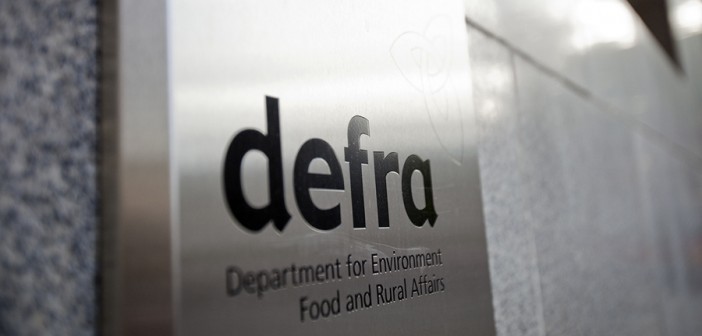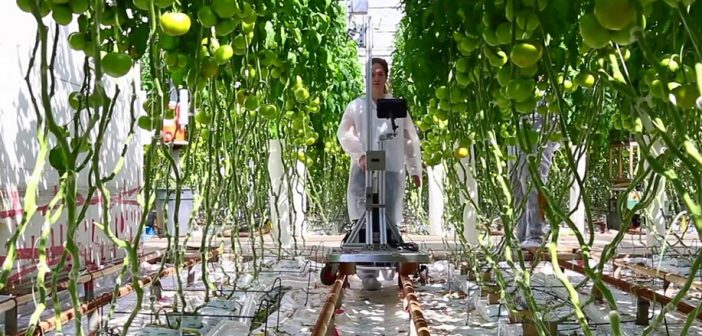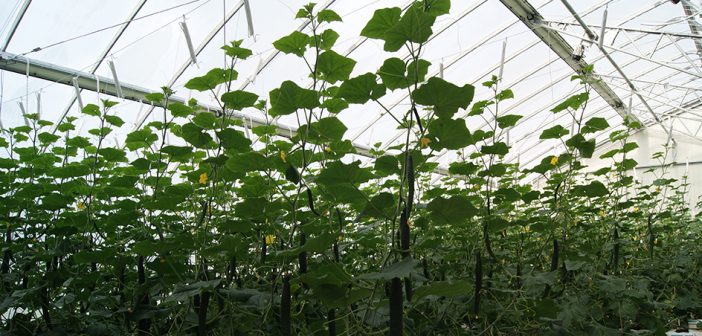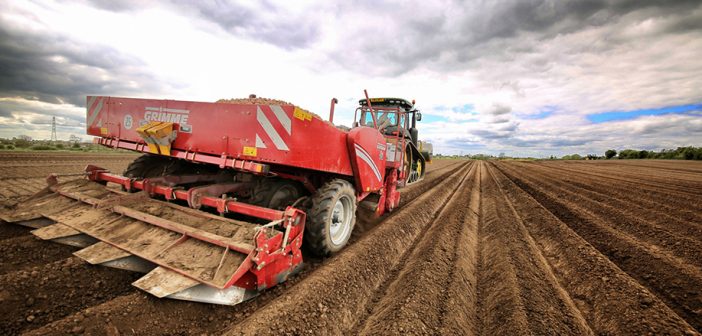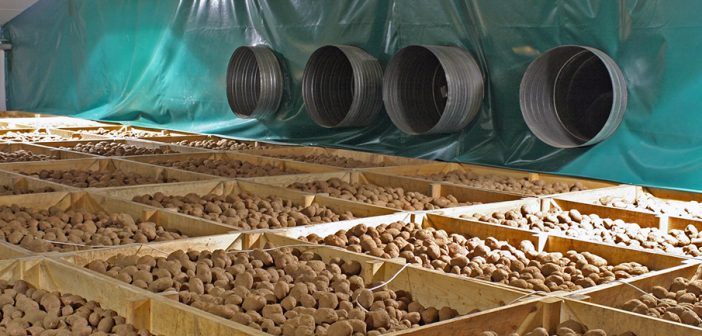A Norfolk asparagus grower whose produce was served at the Royal Wedding on Saturday has warned that without access to workers, his business could fail.
Protocol prevented Andy Allen from confirming that he had supplied asparagus to the Windsor kitchens, but a photograph on their website appeared to show bunches of his produce and he did not deny it.
However, he told The Guardian newspaper, “This is the best PR I could ever have had to be able to supply the royal kitchens and yet will I be able to continue to supply them? It is a huge privilege to be chosen, but it doesn’t help because who is going to pick the bloody stuff? We are completely reliant on seasonal migrant workers. If we can’t get that labour I’ll have to pack up. There is not the technology to pick asparagus with robots.”
He added that his concerns about finding workers had limited his area of the crop. Chief Executive of Concordia, which supplies labour to Mr Allen, Stephanie Maurel added: “The public voted to not have enough workers to pick fruit and veg in this country. They haven’t made the connection that 95% to 100% of British asparagus is picked by an eastern European. We have people who are keen to come; farmers who are desperate to have people pick their crops, and we just can’t bridge that gap and it is going to costs thousands in livelihoods.”
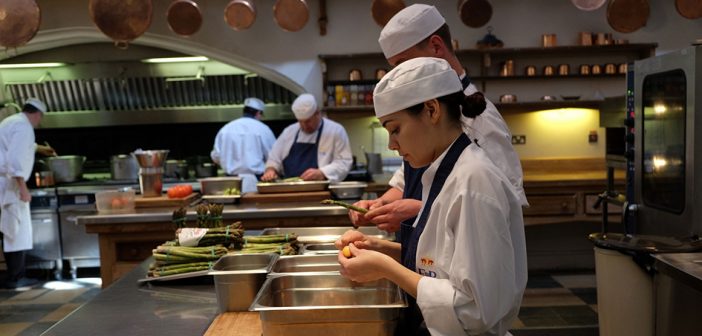
Photo Caption: Preparing asparagus in the Royal kitchens ahead of the wedding between Prince Harry and Megan Markle.
Photo Credit: www.royal.uk
The post Royal asparagus grower could fail appeared first on Hort News on 23 May 2018.

